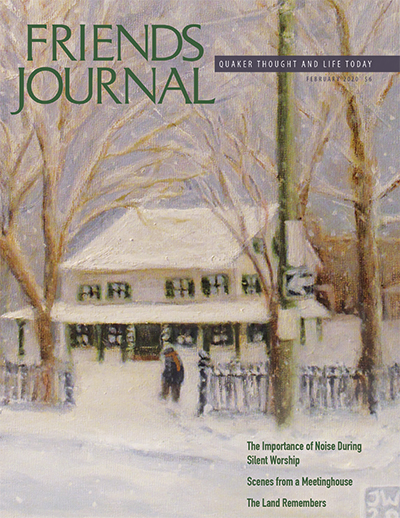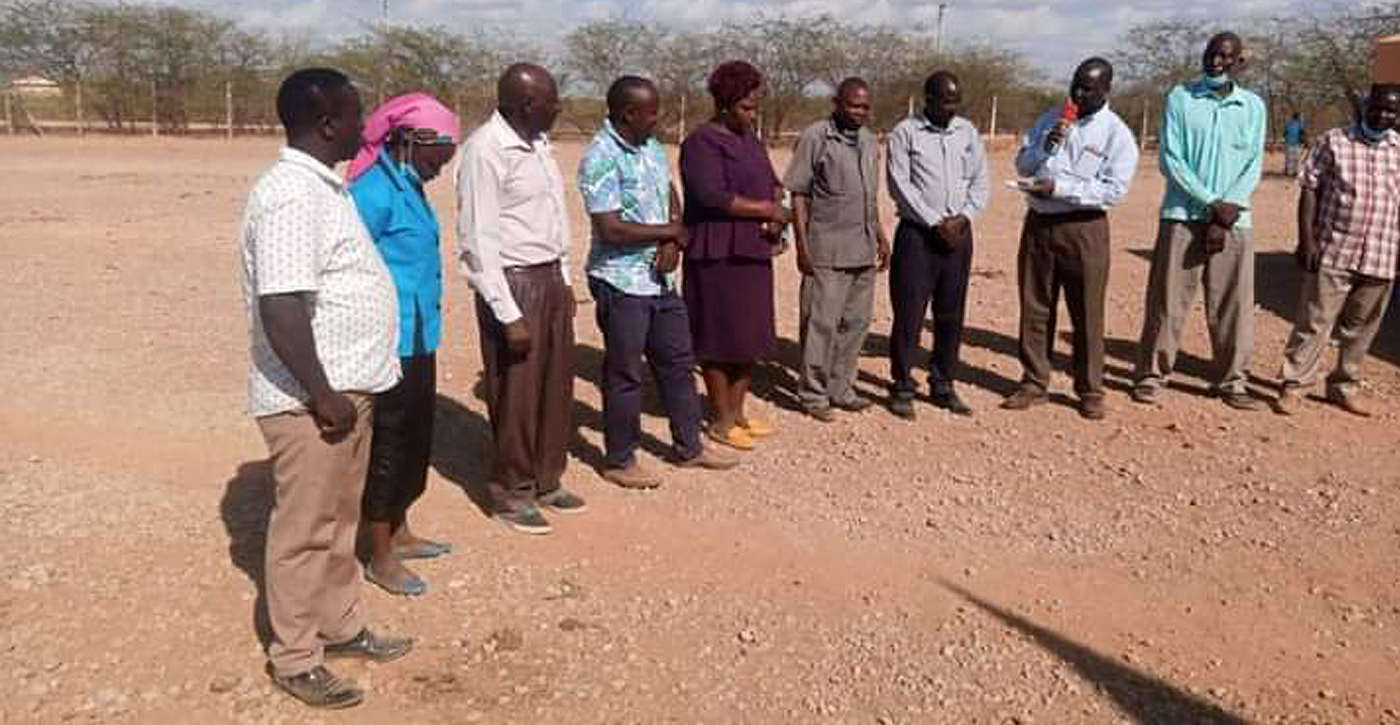
Churches Together in England (CTE) announced on November 22, 2019, its decision to have British Quaker nominee Hannah Brock Womack refrain from meeting with the other five presidents of the national ecumenical organization due to her recent same-sex marriage.
“The Member Churches of CTE, through the Enabling Group, have recently requested the Fourth Presidency Group to refrain from enacting its Presidency at this time, leaving the Fourth Presidency as an ‘empty chair’ for the current term of office,” the CTE statement read. “This empty chair represents the lack of agreement within the churches in England regarding human sexuality, and the reality that this dimension of the churches’ pilgrimage together is not yet complete.’’
Brock Womack remains the fourth president, but is not permitted to take her place alongside the other CTE presidents when they gather.
Generally, CTE has six church groups comprising 51 member churches, and each group appoints one of the six presidents. On their turn in 2019, Quakers in Britain nominated Brock Womack as president from the Fourth Presidency Group, which includes the Lutheran Council of Great Britain; the Evangelical Lutheran Church of England; German-Speaking Lutheran, Reformed, and United Congregations in Great Britain; the Church of Scotland (Presbytery of England); and Quakers in Britain. The last Quaker to serve as a CTE president was Rowena Loverance from 1998 to 2001.
“I have a sense of sadness and frustration, but not shock,” Brock Womack was quoted in the Church Times. “I was brought up in a mainstream church. I understand the issues surrounding human sexuality, but I am very disappointed, and I hope we continue to talk to each other about this. For me, [the empty president’s chair] is a symbol of pain and separation, but it is also means that they are not ignoring it. It is better than pretending that we don’t exist. It is a good way of representing the current disagreement that we have.”
Mark Lilley, Quaker representative to the CTE Enabling Group and clerk of the Quaker Committee on Christian and Interfaith Relations, said, “The grief this situation is causing Friends must not be underestimated by other churches. Work must be done to heal the pain through creative conversations about our differences. We are confident that the ecumenical movement will continue to serve as a model of cooperation and mutual understanding that recognizes the unique gifts of each member.”
Paul Parker, recording clerk for Quakers in Britain, called the announcement a “deeply sad decision,” further commenting, “As Quakers, we are called to answer that of God in everyone. . . . We value equally all people, regardless of sexuality or other defining characteristics. These characteristics are not the right way to decide if someone is right to serve as our CTE President.”
Representatives from both Quakers in Britain and CTE said the groups are committed to continuing in conversation together.





Comments on Friendsjournal.org may be used in the Forum of the print magazine and may be edited for length and clarity.